Kenya’s Maasai: Caught Between Two Worlds
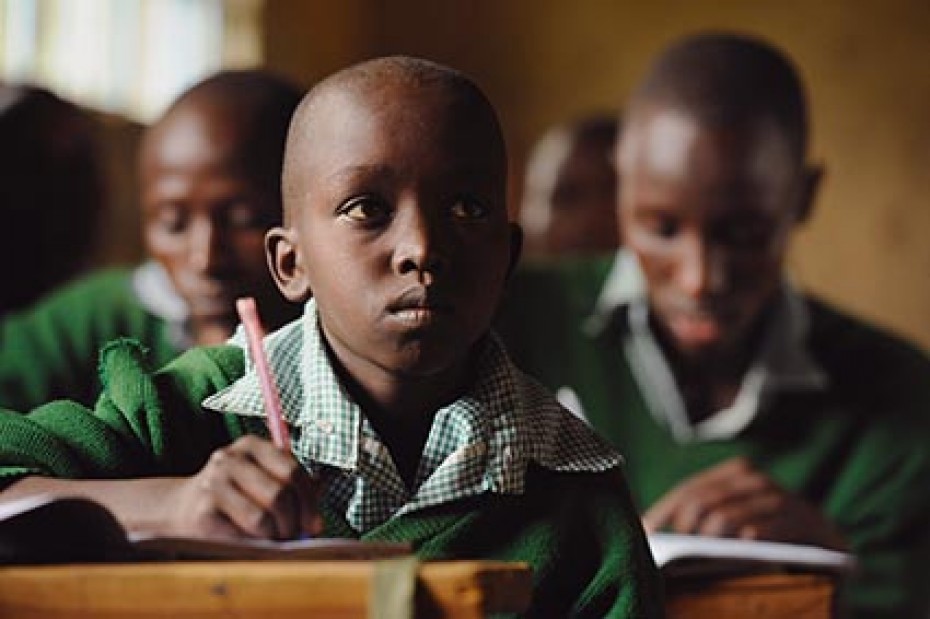
In a fast changing Kenya, the Maasai are learning the importance education plays in the evolution of their tribe into modern society.
Continue Reading ›Education for Girls in the Maasai Community
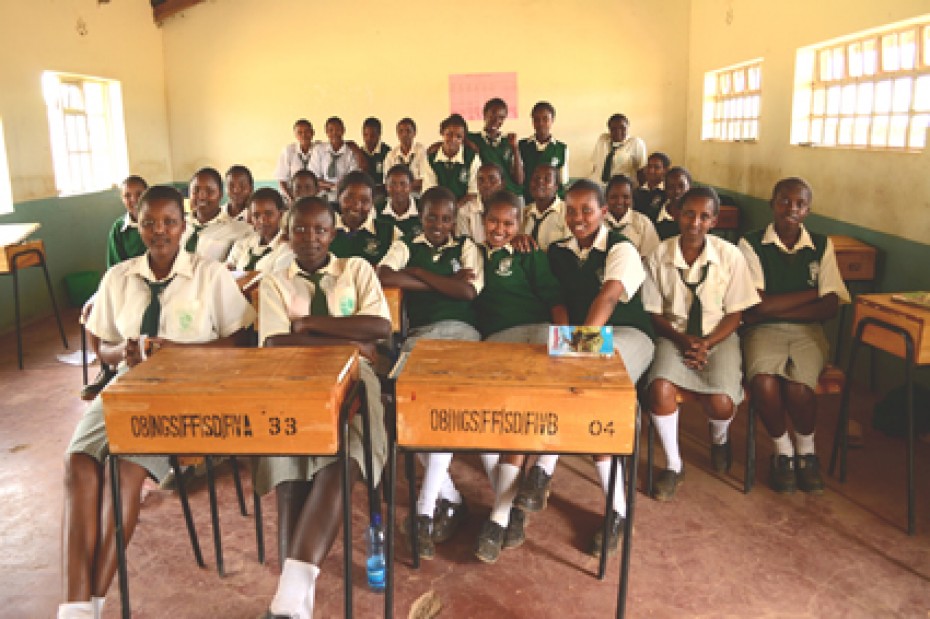
With an education, Maasai girls are free to dream, compete with their male counterparts, and decide their own future. This feat was unheard of in years past.
Continue Reading ›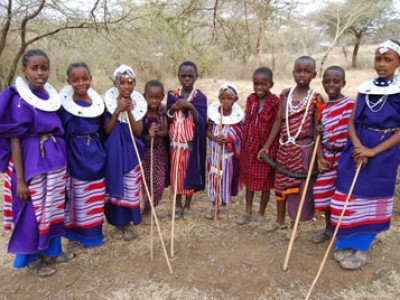
Life in Arusha, Tanzania — Land of the Maasai
Due to its geopolitical position, Arusha is attracting more people and growing quickly, which has caused an increase in the crime rate. It is well connected by tarmac roads to the major cities of Nairobi and Dar es Salaam. These cities have a direct influence on what happens in Arusha.
Risks Remain Large for Kenyan Children
While the East African nation of Kenya does not grab as many headlines as its less stable neighbors to the west, disease, malnourishment and violence are leaving a mark on this generation of Kenyan children.
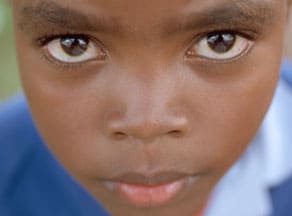 About 500,000 Kenyan children are missing school due to lack of food.
About 500,000 Kenyan children are missing school due to lack of food.
According to the World Food Program, in countries where school attendance is low, the promise of at least one nutritious meal each day boosts enrollment and promotes regular attendance. Where that is not offered, hunger interferes with the children’s concentration in class, affecting class performance. As famine takes its toll across the country, a growing number of students are staying away from school altogether to help their parents look for food (The Standard, Sept. 23, 2009).
Drought and famine have led to an increase in the high school dropout rate primarily in schools in the Njoro and Nakuru areas. While 29 percent of children in Nairobi are malnourished, that number increases to 42 percent in the Eastern Province (Daily Nation, Oct. 7, 2009).
The United Nations Scientific and Cultural Organization (UNESCO) has stated that malnutrition is the major barrier to universal primary education in Kenya.
Famine conditions have also affected livestock in the rural areas of Kenya, undermining the primary source of income for pastoralists, especially the Maasai population. (more…)
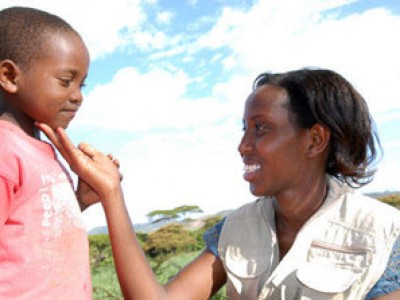
Child Sponsorship Is Not in Vain
My name is Peninah Esianoi Pashile. I was a sponsored child at Imaroro Child Develoment Center in Kenya. I would like to share my story with you and hope that it will be an inspiration and encouragement.
Cultural Change in the Maasai Community
The Maasai community has been rearing cattle for years, all their known lifetime and history.
In fact, there is a joke that goes around Tanzania about how the Maasai people claim that all the cows in the world belong to them, and the Maasai have the duty to return the cows to their natural home, in the Maasai community, which is why in the past there has been cattle rustling in the community.


